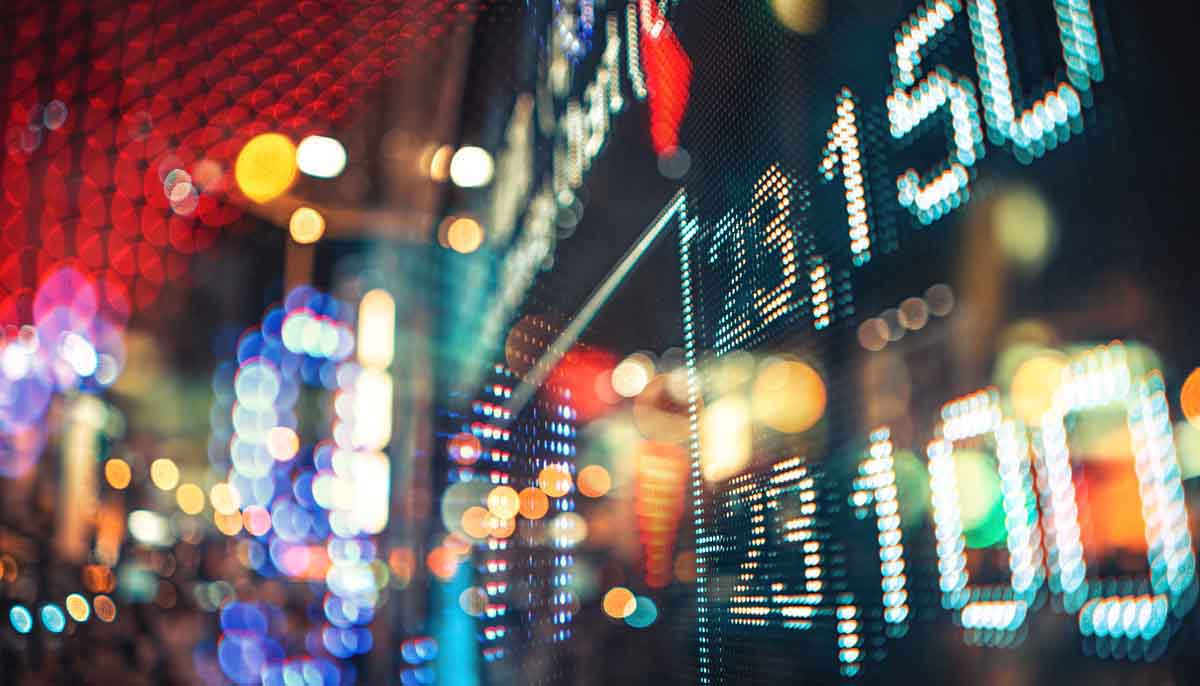Shutterstock
Monday morning, one of the US Stock Market’s “circuit breakers” tripped. This occurred shortly after trading began, as a result of the markets falling 7%. In order to ease investors’ fears, trading was halted for 15 minutes. Should the markets fall another 15%, another 15-minute halt would be enacted.

In the event that the markets take a 20% dive, trading would be halted for the day. Several traders, seen ambling about and staring at their cellphones, seemed prepared for this problem on Wall Street.
This particular fall seems to be related to fears that global production is slowing significantly under the threat of the COVID-19 coronavirus. Currently, global stocks are on track for their worst day since 2011. People fear a global recession.
Some global leaders like US President Donald Trump have tried to ease the fear and say it will all be fine. But the markets don’t make it look like this will all just “blow over.”
Investors realize that COVID-19 is taking a greater toll on the global economy than they initially anticipated. This is likely due to the nature of the disease’s geographic origins.
The virus originated in China. And China is a major manufacturing hub for the global economy. With the onset of the virus, many factories have been temporarily shuttered to prevent the spread of the disease.
This, paired with mandatory quarantines and a lack of faith in the US response to the virus, has dramatically depressed markets. People who are worried about a pandemic aren’t exactly spending freely. Even those with money to burn don’t have much to buy, as factories are shut down and global trade is slowing.
Unless you happen to be an investor, a stock trader or an executive, this probably means little for your day-to-day life. In the US, people’s lives won’t necessarily be affected by a single day’s bad stock market performance. However, if this trend continues, a recession like the one seen in 2008 could occur.
This would be due primarily to companies slowing down their spending in order to address what they feel is a slow market. This could lead to hiring and wage freezes, higher interest rates and an overall rough financial outlook for everyone.
While some people are claiming that COVID-19 won’t be “that bad,” or that the media response to it has been overblown, the markets and global response to the epidemic seem to show that the reverse is true. This disease is likely worse than anticipated, and the response has probably been too muted.